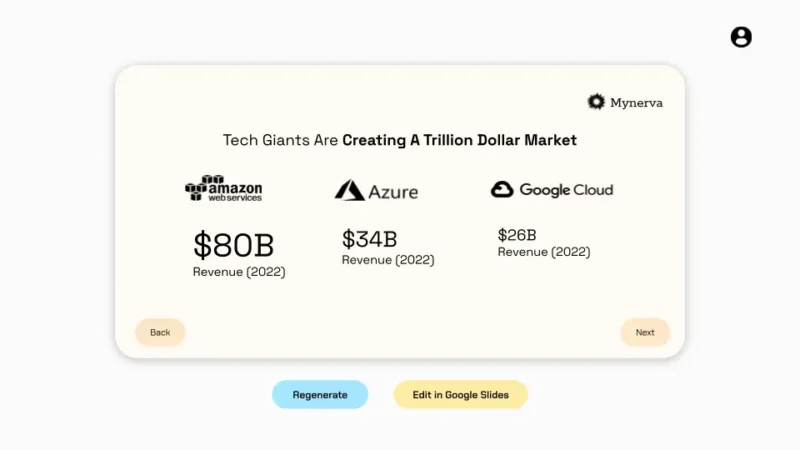
What does an entrepreneur need to know about fund development and fundraising services for startups? Just about everything! Fundraising is one of the most critical of a startup business owner’s functions. Without funding, nothing else in your startup can move forward. This post is a guide to understanding and planning fundraising services for startups.
Raising resources for startups is all about planning, passion for the idea, and knowing how to connect people to your enthusiastic idea. Here’s how you do this:
Understanding the fundraising services for startups
Fundraising is the act of asking for money.
However, the act of asking for money is only one component of the whole process of fund development. To get the money, you, as a startup business owner, need to know that:
- Fund development is an ongoing strategic process to sustain and grow the resources for your startup.
- Fundraising is all about building multiple relationships with those who understand and care about the value proposition you are creating through your business.
- You will only get funds when you have a shared vision, clear mission, creative strategies, and a solid communication plan for your startup.
The Plan: fundraising services for your startup
Fundraising is like an iceberg. Most of our attention
TSNE MissionWorks
goes to the tip – asking for money – instead of to
the mammoth structure lurking below the surface.
To get the money, you need to have a fundraising plan that defines in detail how the startup will identify potential sources of funding and donors, what communication methods will be used, which activities need to be implemented, the timeline of related fundraising activities, and how much it will cost.
Here are some basic steps to help get your plan together:
- Make enough time for planning
- Create a budget for doing fundraising activities
- Define all different ways your startup can raise funds
- Examine your capacity, be realistic!
- Narrow the list based on step 4
- Create a calendar for fundraising
- Evaluate each step and measure it against your goals
Feel free to spend quality time planning for fundraising. Remember, asking for money is only the tip of the iceberg, and all your efforts should be part of a coherent strategic plan.
Basic fundraising techniques for startups
The fundraising plan you developed above should highlight the techniques used to “ask” for money. A good fundraising plan includes methods and techniques to reach various targets, such as individuals, government sources, foundations, and corporations.
Doing desk-work research on fundraising is an ongoing endless process that is an essential part of the people in charge of fundraising. Researching will avoid wasting your time on planning methods and techniques that are unlikely to do you any good.
To reach targets, the below techniques can be used:
Face-to-face meetings
According to the fund development guide published by TSNE,
People respond at higher rates when asked in person, even by a stranger. Statistics show fewer than 1 percent respond to a first-time direct mail appeal, whereas requests made in a person yield a 50 percent return.
Additionally, It is essential to be ready anytime to pitch your startup business idea to potential donors. With good networking and communication, you start scheduling face-to-face meetings with clear, to-the-point, and action-driven presentations on your business.
Direct mails
Even though using direct mail yields slow results, with increased costs of printing, postage, and others, if done right, this method builds a base of donors for your startup.
Just remember to do your homework before getting into the world of direct mail. Seminars and “how to” fundraising books are an excellent way to start.
House parties, galas and other small gatherings
Parties, galas, and gatherings are great ways to tell others about your work in a fun atmosphere. You can just get dressed and be ready to present yourself and your business idea. Remember always to have your business cards and proof of your great work on your phone.
Who gives, anyway?
Here’s an idea on potential contributors to your business start-up and how they work.
Incubators and Accelerators
Both incubators and accelerators offer early-stage companies support and mentoring throughout the entrepreneurship process.
Business incubators support early-stage startup companies to expedite profitability and success. However, startup accelerators support and take on businesses that already have a solid foundation to build upon. To put it differently, accelerators focus their guidance and resources on helping ventures scale up as quickly as possible, unlike incubators that support businesses still in the product-development phase and do not have a developed business model.
To know whether you should be applying for an incubator or accelerator, assess your funding needs, the status of your business’s product or service, and the timeline needed for the funding.
Crowdfunding
Crowdfunding is an internet funding method by which people contribute money to a person, cause, event, or business venture. Also, billions of dollars are raised annually via this fundraising method. Through offering an alternative to bank loans or venture capitalists, crowdfunding is becoming a more common method for connecting entrepreneurs and investors.
It is now a popular way of supporting cultural institutions, such as art organizations and charities.
If you want to know more about crowdfunding and how it works, please check this out.
Angel Investors
Angel investors are wealthy passionate individuals who provide funds, knowledge, training, and networks to early-stage and start-up business enterprises.
Business angel investors can have different reasons for supporting new, innovative, and risky ideas; for example, expectations for significant returns and profits, giving back to the community, and knowledge transfer to the young entrepreneurs. Other business angels invest only to start a new adventure, have fun, and enjoy the game.
To know more, check out my previous post on angel investors, especially if you are planning to run a nonprofit startup.
Match funding
When funding is paid in proportion to funding being paid from other sources is what we regard as match funding. What this usually means for businesses, is that a grant will be offered on the condition that a certain amount of funding is also contributed, usually privately.
This has traditionally been found in charity or non-profit settings and remains prevalent today. However, this has changed as they have become more commonplace in the broader range of industries.
Good Practice to boost the fundraising services for startups
Could you integrate business development staff in your startup hiring process?
Whether there is a one part-time or five full-time staffers in your start-up, it is good practice to have development staff engaged in your business and planning for strategic funding. With good commitment to the mission of the organization and high communication skills, development staff can connect you to many fundraising opportunities.
Also, an Important thing to remember here is that fundraising is hard work and is sometimes disappointing, so make sure the staff you are hiring have high self-esteem, optimism, and perseverance.
Bottom-line
To sum up, the right plan for raising funds, connecting with others, and knowing how to pitch your startup can get you the money you need to resume your work. The above fund development techniques and ideas on contributors are an excellent way to start. Remember to add hiring a business development staff to your agenda.
Finally, if you’re out of time and would like a consultant to help plan your startup’s fundraising services, we are here to help!
Meet The Author Of This Article

I’m Jenny Ayman, a project manager in the development field with specific knowledge and experience in capacity building and entrepreneurship programs. I aspire to transfer the hands-on experience I gain in my professional career through writing.
Also, if you need help planning your business, I recommend checking out some of our freelancer’s business plans or pitch decks!





